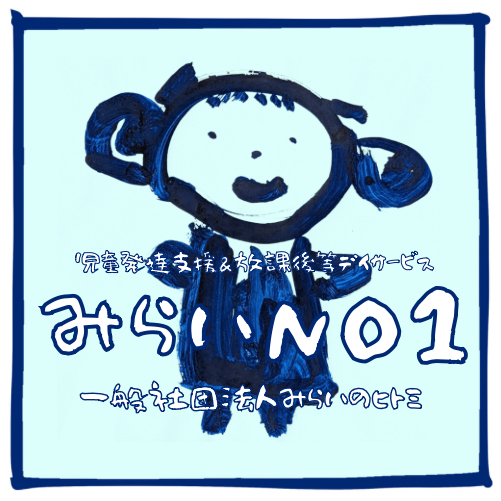Beyond Oppositional Indication
Terry DeHay spends instance ways to translate Esperanza’s knowledge mainly in the context of the girl increasing focus on their cultural, monetary, and you will societal objectification. DeHay restricts Esperanza’s knowledge to “knowledge … what it methods to be each other a member of a minority and you can a female during the a light patriarchal society” (1994, 40). DeHay, in fact, sees Esperanza’s conscience once the concentrated entirely towards the thriving, because exercising a “commitment to rescuing herself” (40). Cisneros, yet not, cannot limitation her main profile to help you a fixed representative out-of counter-commentary. Depicting Esperanza’s active settlement out-of the girl term when you look at the light of one another constricting societal requirements and you will, somewhat, liberating private ambitions, she gift ideas the students protagonist because the a vital and active personal. In the act, Cisneros demonstrates how an interest will be outlined but, meanwhile, not totally minimal of the its thing (representative) and you may mental (cognitive) room. Maybe not centering on the latest superficial, amazing features away from the lady more youthful protagonist’s otherness, Cisneros, rather, shows exactly how Esperanza “waits” to achieve the girl suitable voice from inside the white of your own commonplace hegemonic forces, patriarchal oppression, and you will cultural erica. In particular, she juxtaposes Esperanza’s burgeoning attention to the harsh socioeconomic truth doing this lady together individual goals and you can lively soul. The various regions of this new protagonist’s reputation are hinted at the for the the girl label itself. Esperanza shows you one to, “From inside the English my name form vow. Inside Spanish they … setting sadness, this means waiting” (Cisneros 1984, 10). By way of the woman minimalist story sound, Esperanza adopts an effective “dialogue” with her new house environment and you may discovers https://datingmentor.org/nl/lutheran-dating-nl to apply the lady hopefulness about fashioning from their dream having a home off the lady own.
Cisneros reveals Our home for the Mango Roadway because of the demonstrating how an effective household place performs a primary role in the creating lives and you can globe event. She set brand new prominence away from setting compliment of some photographs one to show lifetime inside the a mainly Chicano urban Western slum. Using such pictures, she exemplifies exactly what Edward Soja, within his theoretic data of “postmodern geographies,” terms and conditions an effective “public hieroglyphic” (Soja 1989, 7). New short book begins with a nearly all as well typical world to own this new or current immigrants in america: a massive family away from home. Esperanza, a member of such as for instance a family group, is accustomed to the brand new migratory character of lower-group lifestyle. As a consequence of Esperanza’s recognize anywhere between an excellent “house” and you may “domestic,” Cisneros specifically tackles the issue out of transiency and reveals the way the local people can also be aura dreams and ambitions. Inside her “materialist translation out of spatiality” (Soja 1989, 120), to draw regarding Soja’s interpretive construction, Cisneros reveals a link between spatiality being. Soja contends this particular variety of “ontological spatiality situates the human being topic inside an excellent formative geography” (8). Because of the woman very first concentrate on the nature regarding Mango Path, Cisneros pulls attention to the newest “formative,” but not deterministic, part of your own protagonist’s new house space.
By stating that Esperanza’s memory and you will stories “all focus on the personal, social, and you can intimate alienation she feel since children” (40, italics exploit), DeHay, such as for example McCracken, does not work out Esperanza’s positive knowledge
At the beginning of one’s book, Cisneros captures the protagonist’s private predicament and the standard battles out-of less-class household members. Esperanza remembers their existence as the an earlier girl inside a north american country-Western family members: “But what I remember extremely is swinging a lot” (3). Here, Cisneros implicitly differentiates brand new angle (and you may life) away from their protagonist on middle-group man (who would most likely think about and you will describe anything). Esperanza then summarizes this lady life ahead of Mango Street by list the newest more roadways where she’s got already resided: “We didn’t usually live on Mango Path. Before that we lived towards the Loomis on the 3rd floor, and prior to that individuals existed on Keeler. In advance of Keeler it was Paulina, and ahead of that i cannot consider” (step three, italics mine). The new repetitive and you will cyclical top-notch the new swinging feel demonstrates that the ceaseless moving forward to different venues will not bring about a great remarkable improvement in way of life requirements. Having Esperanza discussing one to the woman family members’ relocations try away from economic criteria, Cisneros exposes new restrictions regarding life style because the people in a fraction and also the lower class in america. She including points to the situation in breaking out of an existence from poverty.
